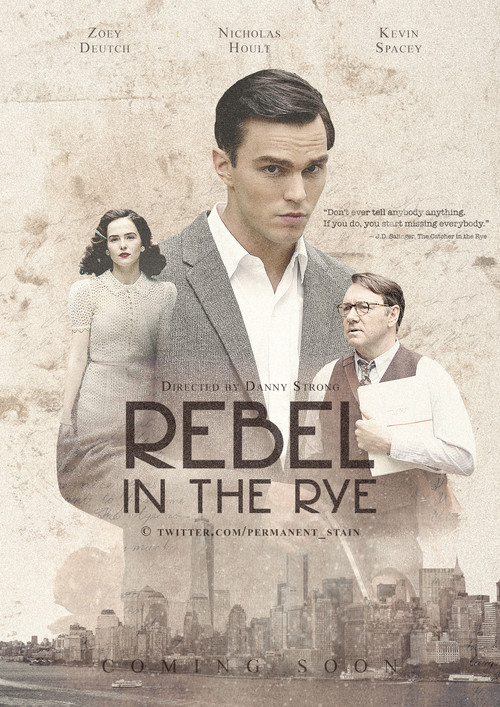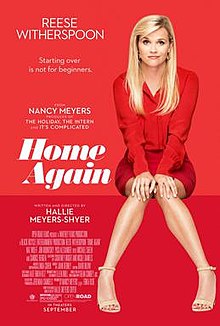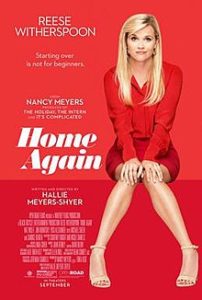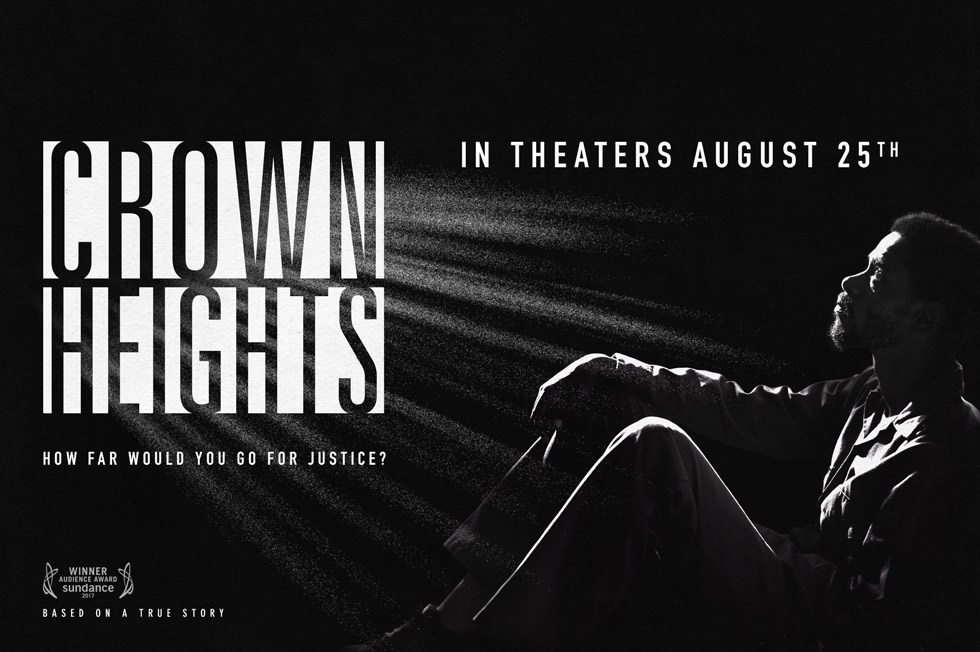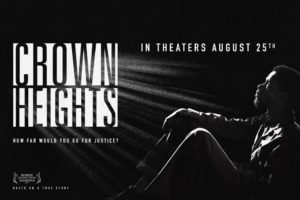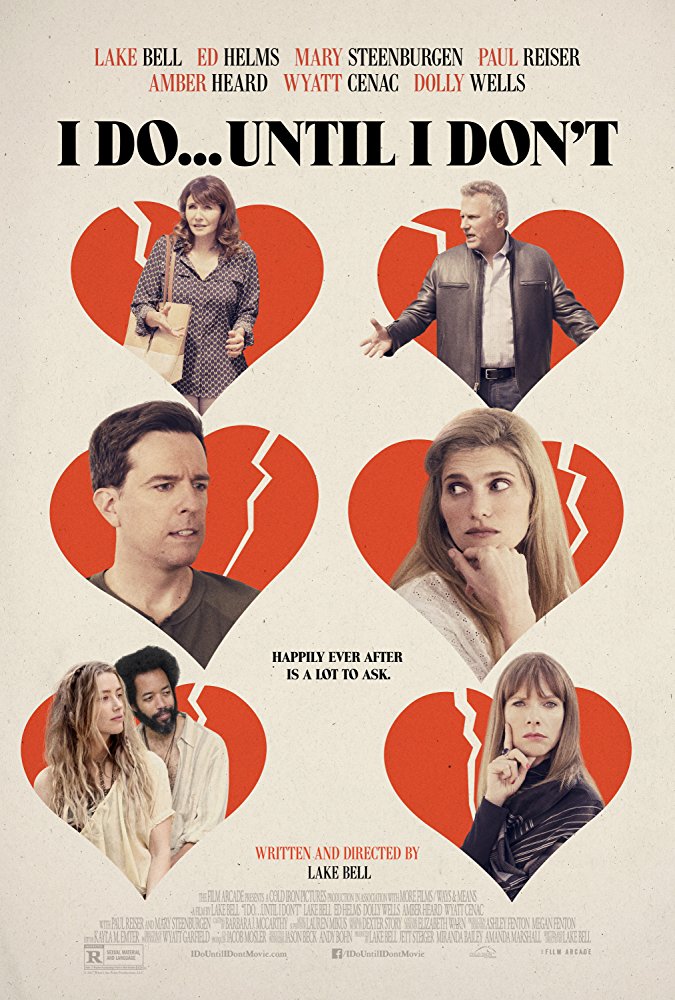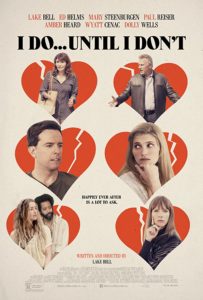Rebel in the Rye
Posted on September 14, 2017 at 5:50 pm
B +| Lowest Recommended Age: | High School |
| MPAA Rating: | Rated PG-13 for some language including sexual references, brief violence, and smoking |
| Profanity: | A few strong and crude words |
| Alcohol/ Drugs: | Drinking, smoking |
| Violence/ Scariness: | Wartime violence with disturbing images including holocaust images |
| Diversity Issues: | None |
| Date Released to Theaters: | September 15, 2017 |
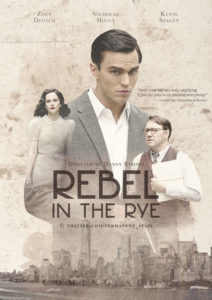
J.D. Salinger had three great losses and three great teachers, and “Rebel in the Rye” is the story of how those all came together to influence the author of one of the most popular and influential novels of the 20th century, The Catcher in the Rye, along with his shorter pieces, a few novellas and stories. Salinger is almost as well known for his decades of seclusion in New Hampshire as he is for his work. Reportedly, after publishing his last story in 1965, he continued to write full-time, but never showed it to anyone or allowed it to be published. It may be that the mystery is a better story than the writing.
Writer/director Danny Strong (co-creator of “Empire,” screenwriter of the “Mockingjay” films and actor in “Gilmore Girls” and “Buffy”) introduces us to Salinger before all of that happened, young, ambitious, and like Catcher in the Rye‘s Holden Caulfield, a smart aleck who has left or been asked to leave a number of top schools. Nicholas Hoult (“About a Boy,” “Mad Max: Fury Road”) shows us the teenage Salinger, arrogant but insecure, especially arrogant when it came to writing and especially insecure when it came to girls. He meets Oona O’Neill (Zoey Deutch), the daughter of playwright Eugene O’Neill, and they begin to date, though what makes her most attractive to him is her lineage and her admiration for his writing. And, after leaving NYU, he enrolls in Columbia, where he takes a class from the editor of Story Magazine, Whit Burnett (Kevin Spacey). “There is nothing more sacred than stories,” Burnett tells the class. And he advises Salinger not to let his voice overwhelm the story, not to let his ego obstruct the emotional experience of the reader.
Burnett will be Salinger’s most important influence on the content of his stories, suggesting that Holden Caulfield deserves a novel. And O’Neill will be an influence, too, the first of the three great losses, when she leaves him to marry Charlie Chaplin. Just as he is beginning to make progress as a writer, with his first published work in Burnett’s literary journal, Salinger joins the military in WWII, where he endures great peril and hardship and witnesses some of the worst events in world history, including the landing on Normandy beach and the liberation of a concentration camp. These traumatic experiences caused great distress for Salinger, what would today be called PTSD (as Salinger movingly described in my favorite of his stories, “For Esme, with Love and Squalor.” But it was these experiences that gave him the depth and scope to write his sole novel.
Burnett teaches Salinger that publication is incidental; what matters is doing the work of writing. Salinger’s agent (Sarah Paulson, wry but sympathetic) tells him that “publication is everything” and urges him to “soften” his stories according to the “notes (comments) she gets back from editors. Salinger, initially refusing to make any changes, finally does and even admits that they made the story better.
But the stress of success becomes too much for him. “I’m shackled by my own creation,” he says as Catcher is seen as an invitation for readers to come see him. The last loss and the last teacher are combined in a zen master who advises him to let go of his need for approval. He moves to New Hampshire and never has anything to do with the literary world again. “If I can dedicate my life to writing and get nothing in return,” he says, “I think I might find happiness.”
Hoult is fine in showing us how Salinger changes, especially the effect of the war. His scenes with his parents (Hope Davis and Victor Garber) and with the women he is trying to impress are especially effective. Strong, as a writer himself, well understands the struggle to understand which voices to listen to, whether internal or external, in evaluating the work, and the complexity of needing approval even as we try to transcend that need. The film evokes the mid-century era without being showy or distracting, and, an even more difficult challenge, explores the life of someone who wanted to be left alone without being exploitive. Salinger insisted that there will never be a film about Holden Caulfield, and he was right as the value of that book is in the voice of its narrator more than in the incidents it portrays. This is a better version of a story about someone who wants to catch children to keep them safe, at least in his own mind, or in the stories he will never show.
Parents should know that this film includes wartime violence with disturbing images including holocaust footage, drinking and drunkenness, constant smoking, and sexual references.
Family discussion: Who was right about writing vs. publishing? What makes Catcher in the Rye so compelling? How was Salinger’s wartime experience reflected in his writing?
If you like this, try: the books of JD Salinger

